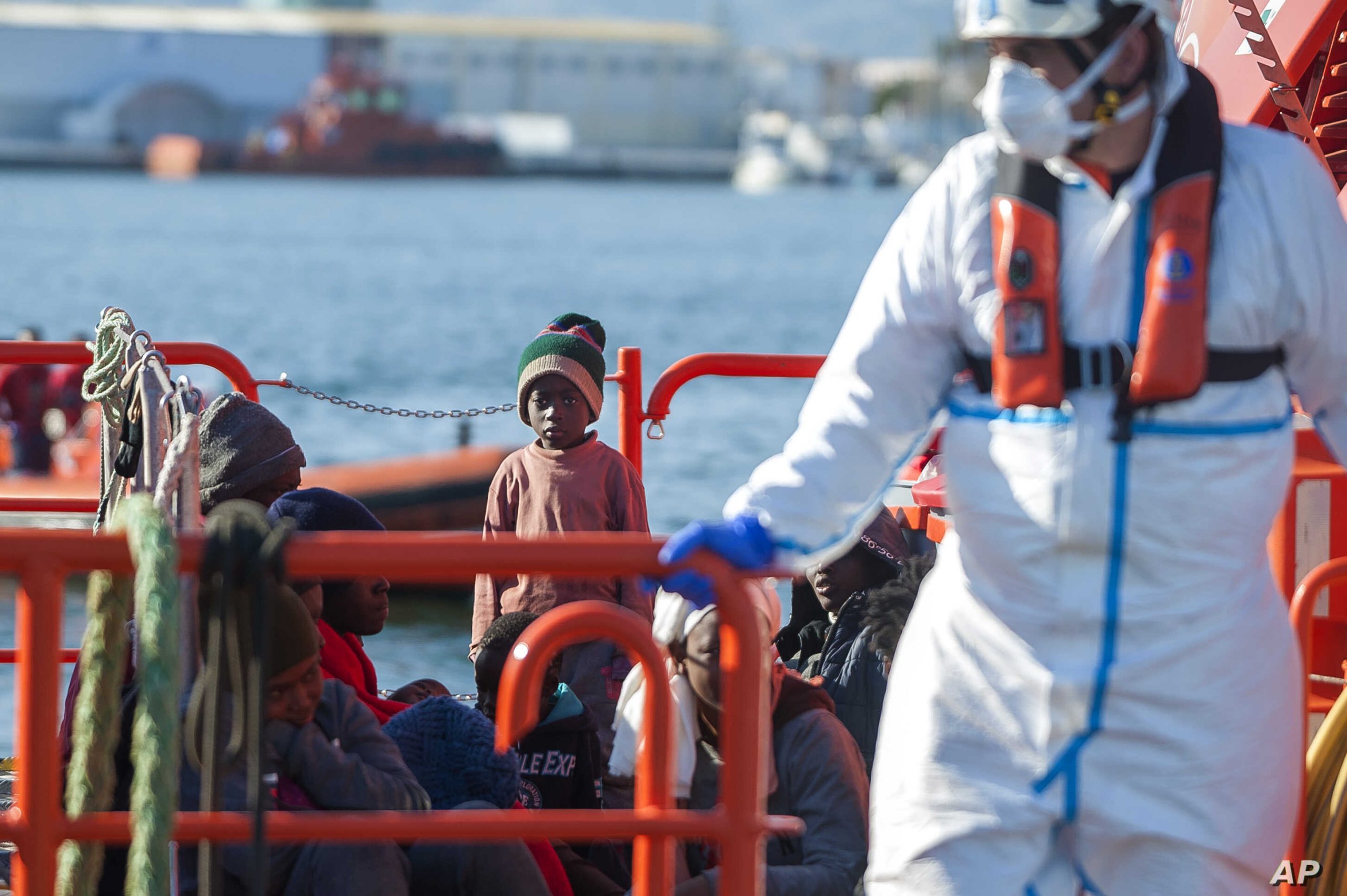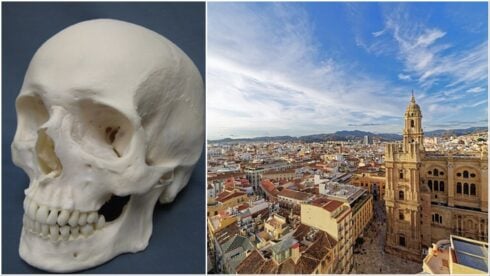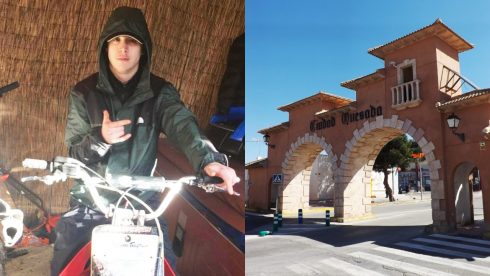INTERNATIONAL organisation Human Rights Watch (HRW) has called on Spanish authorities to ‘immediately alleviate the overcrowded and unsanitary conditions’ on Gran Canarias’ Arguineguin pier, where some 2,000 migrants are currently being held.
HRW published their report yesterday following three days of investigation, during which the number of migrants and refugees increased from 835 to over 2,000 – pushing humanitarian resources to breaking point.
“What I saw a few days ago was a row of crowded tents where people are held for days on end, sleeping on the ground, 30 or 40 people sharing a portable toilet,” said Judith Sunderland, acting deputy director of HRW’s Europe and Central Asia branch.
“Even assuming the best intentions of those working there, these conditions do not respect people’s dignity or basic rights, nor do they reflect well on Spain.”
HRW are one of the few independent organisations allowed on the site after the government blocked access to journalists, photographers and cameramen, citing privacy issues.
According to the report, tents in the emergency camp were floorless and lacked beds or mattresses – conditions that HRW condemned as ‘inadequate even when under capacity.’
The NGO also talked to two women who had tested positive for COVID-19 but were still living in a tent with other migrants. Although they should have been in quarantine, the bus company supposed to transfer coronavirus patients to a facility for isolation, monitoring and treatment were refusing to do so because of health concerns – a catch-22, of sorts, and a dangerous one at that.
Most worryingly of all, HRW also reported that many people were being held for longer than the 72 hours permitted under Spanish law. Two Mali women showed proof of having been on the pier for over two weeks, and everyone HRW interviewed had been given expulsion orders – often in a language they could not read.
The Canary Islands have received more than 11,000 migrants so far this year, but at this rate it looks as though many of them will be sent back before they can even apply for asylum.
Click here to read more Spain News from The Olive Press.








